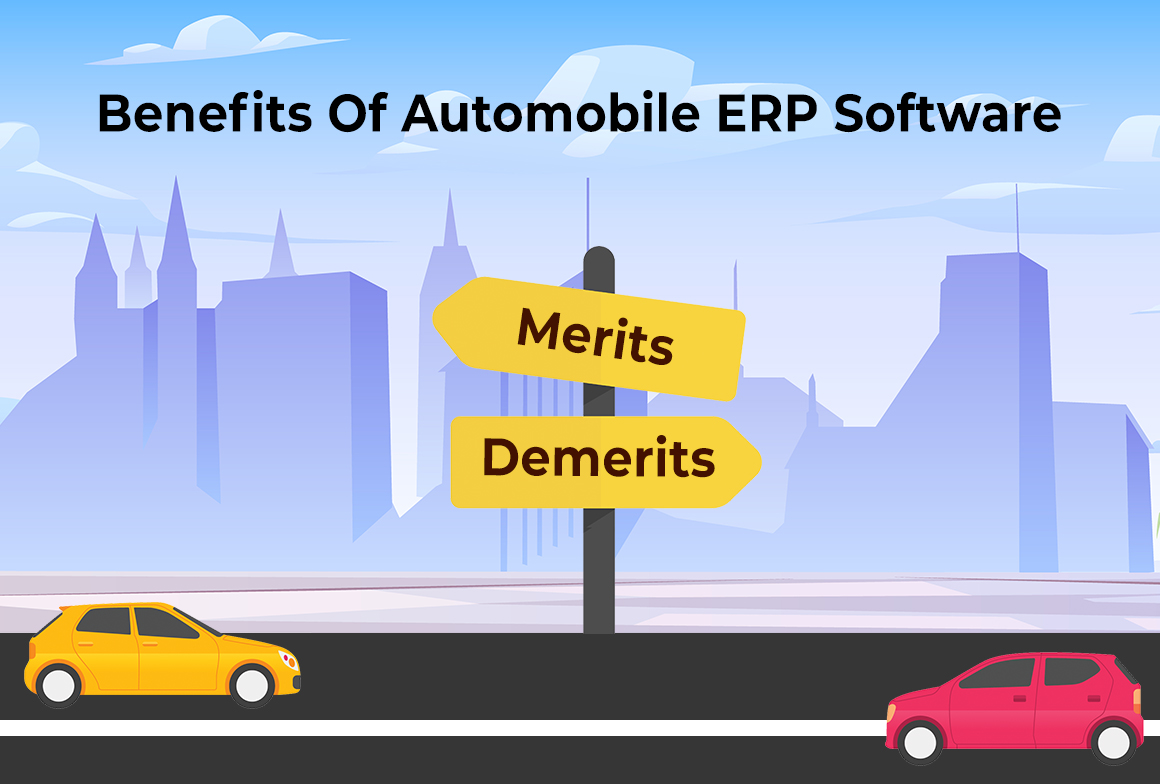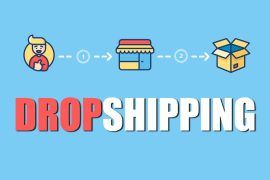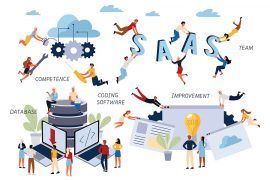Enterprise Resource Planning (ERP) software has become a crucial tool for businesses across industries, including the automotive industry. As the automotive industry becomes increasingly complex and competitive, companies need to streamline their processes and improve their efficiency to stay ahead. ERP software can help automotive companies achieve this by providing a comprehensive suite of tools for managing everything from supply chain management to financials.
In this article, we will take a comprehensive look at ERP for the automotive industry, exploring its features, benefits, and challenges.
Table of Contents
Features of ERP for the Automotive Industry

ERP software for the automotive industry includes a wide range of features to help businesses manage their operations more effectively. Some of the key features of ERP software for the automotive industry include:
Supply Chain Management (SCM): SCM is a crucial automotive industry component. ERP software provides features for managing inventory, tracking shipments, and automating purchase orders to help businesses streamline their supply chain processes.
Production Planning and Scheduling: ERP software can help automotive companies plan and schedule their production processes more effectively. This includes forecasting demand, allocating resources, and scheduling production runs to ensure that products are delivered on time and to the highest quality standards.
Quality Control: Quality control is essential for the automotive industry. ERP software includes features for tracking defects, managing corrective actions, and improving quality control processes.
Financial Management: ERP software provides tools for managing financials, including accounts receivable, accounts payable, general ledger, and more. This helps businesses maintain accurate financial records and make better financial decisions.
Human Resource Management: ERP software includes features for managing employee records, payroll, benefits, and more. This helps businesses ensure compliance with labor laws and regulations and manage their workforce more effectively.
Benefits of ERP for the Automotive Industry
ERP software provides many benefits to businesses in the automotive industry. Here are some of the key benefits of implementing ERP software:
Improved Efficiency: ERP software streamlines business processes, automates manual tasks, and reduces the time and effort required to perform routine tasks. This helps businesses improve efficiency and reduce costs.
Better Collaboration: ERP software provides a central platform for collaboration and communication, making it easier for different departments and teams to work together. This helps improve productivity and reduce errors.
Increased Visibility: ERP software provides real-time visibility into business operations, enabling businesses to monitor performance, track progress, and identify areas for improvement.
Enhanced Customer Service: ERP software provides businesses with the tools they need to deliver exceptional customer service. This includes tracking customer orders, managing warranties and returns, and providing timely and accurate information to customers.
Improved Decision-Making: ERP software provides businesses with the data and insights they need to make informed decisions. This includes access to real-time data, advanced analytics, and reporting tools.
Challenges of ERP for the Automotive Industry
While ERP software offers many benefits, there are also some challenges to implementing and using it effectively in the automotive industry. Here are some of the key challenges:
Complexity: ERP software is complex, and implementing it requires significant planning and resources. This can be a challenge for small and mid-sized businesses in the automotive industry.
Integration: ERP software needs to be integrated with other systems and processes within the business to be effective. This can be a challenge, particularly if businesses are using legacy systems or have complex IT environments.
Training: ERP software requires training and support to ensure that employees can use it effectively. This can be a challenge, particularly if businesses have a large and distributed workforce.
Customization: ERP software needs to be customized to meet the specific needs of businesses in the automotive industry. This can be a challenge, particularly if businesses have complex processes or unique requirements.
Choosing the Right ERP Software for Automotive Industry
Choosing the right ERP software for the automotive industry is a critical decision that can impact the success of your business. Here are some factors to consider when choosing ERP software for your automotive business:
Industry-Specific Features: Look for ERP software that includes industry-specific features for the automotive industry. This includes features for supply chain management, production planning, and quality control.
Customization: Look for ERP software that can be customized to meet the specific needs of your business. This includes the ability to add custom fields, workflows, and reports.
Integration: Look for ERP software that can be integrated with other systems and processes within your business. This includes integration with your CRM, eCommerce platform, and other key systems.
Scalability: Look for ERP software that can scale as your business grows. This includes the ability to add new users, locations, and features as needed.
Support: Look for ERP software that comes with strong customer support and training resources. This includes access to a knowledge base, online support, and live support from a dedicated support team.
ERP software has become an essential tool for businesses in the automotive industry. By providing a comprehensive suite of tools for managing everything from supply chain management to financials, ERP software can help businesses improve efficiency, reduce costs, and enhance customer service. While there are some challenges to implementing and using ERP software effectively, businesses that choose the right software and invest in proper training and support can realize significant benefits from this powerful tool.
One important aspect to consider when implementing an ERP software solution is the data management strategy. Data management is crucial for businesses in the automotive industry, as they need to manage vast amounts of data, including production schedules, inventory, quality control, and financials. Without a robust data management strategy, businesses may struggle with inaccurate data, duplicate records, and inconsistent data, which can lead to costly mistakes and delays.
ERP software can help businesses with data management by providing a single source of truth for all data, ensuring that all users have access to accurate and up-to-date information. The software can also help businesses automate data entry and validation, reducing the risk of errors and inconsistencies. Additionally, ERP software can provide advanced analytics and reporting capabilities, enabling businesses to gain insights into their data and make better decisions.
Another important consideration when implementing ERP software in the automotive industry is compliance. The industry is highly regulated, and businesses must comply with various regulations and standards, including ISO 9001, ISO/TS 16949, and AS9100. ERP software can help businesses comply with these regulations by providing features for managing compliance documentation, tracking compliance metrics, and automating compliance processes.
Finally, businesses should consider the cost of implementing and maintaining an ERP software solution. ERP software can be costly in terms of upfront costs and ongoing maintenance and support costs. Businesses should carefully evaluate the total cost of ownership of the software, including licensing fees, hardware costs, implementation costs, and ongoing support and maintenance costs. They should also consider the ROI of the software, including the expected cost savings, increased efficiency, and other benefits that the software can provide.
Conclusion
In conclusion, ERP software is a powerful tool for businesses in the automotive industry, providing a comprehensive suite of tools for managing operations, improving efficiency, and enhancing customer service. However, businesses should carefully evaluate their needs and choose the right software solution that aligns with their specific requirements. They should also invest in proper training and support to ensure successful implementation and adoption of the software. With the right ERP software solution and a solid data management strategy, businesses in the automotive industry can stay ahead of the competition, drive growth, and achieve long-term success.






